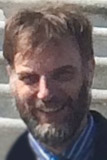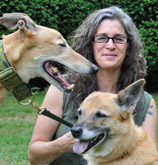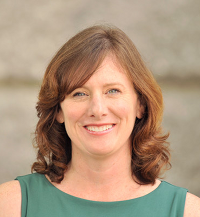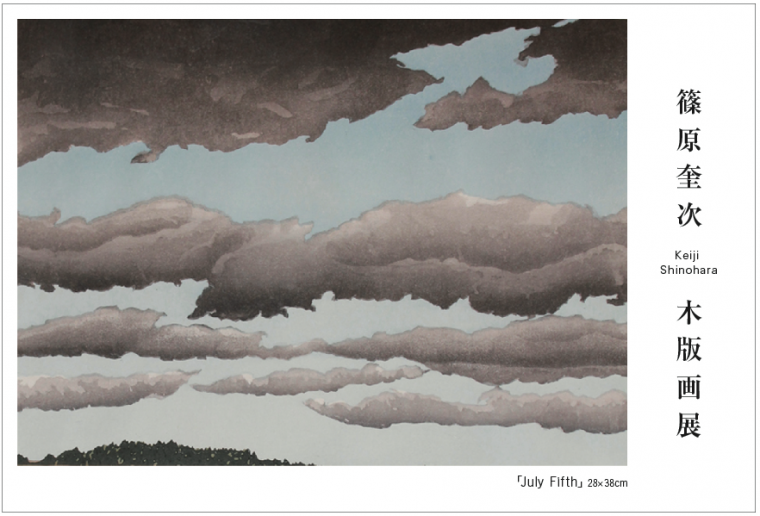Johan "Joop" Varekamp, the Harold T. Stearns Professor of Earth Science, professor of earth and environmental sciences, was elected to be chair of the Geology and Public Policy Committee (GPPC) of the Geological Society of America (GSA). The group prepares position statements for GSA (e.g., on fracking, climate change). Varekamp has already made six congressional visits in March, visiting the offices of Senators Richard Blumenthal, Elizabeth Warren, Ed Markey and Representative Rosa DeLauro. He does similar work as chairman of the board of the Connecticut Fund for the Environment / Save the Sound. Varekamp also was elected to be the chair of the LimnoGeology (‘lakes’) division…
Johan "Joop" Varekamp, the Harold T. Stearns Professor of Earth Science, professor of earth and environmental sciences, is the author of two chapters in Volcanic Lakes, published by Springer Science+Business Media, 2015. He worked on the chapters during his sabbatical in Bristol, U.K., in 2013. Varekamp's chapters are titled "The Chemical Composition and Evolution of Volcanic Lakes" and "Volcanic Lakes." Five other authors also contributed to the "Volcanic Lakes" chapter. Volcanic lakes are natural features on the planet. The changing water compositions and colors of these lakes over time provide insights into the volcanic, hydrothermal and degassing processes of the underlying…
Professor of Economics Richard Grossman recently presented the keynote address at a conference held at the Austrian National Bank. The presentation, made on March 11, was titled, "Interest rate cycles and implications for the financial sector: a long-term view." A summary is available here. The conference was jointly sponsored by Austria's central bank (the Oesterreichische Nationalbank), SUERF (the European Money and Finance Forum), and BWG (the Austrian Society for Bank Research).
Kari Weil, the University Professor of Letters, was a guest on WNPR's "The Faith Middleton Show" to discuss how our evolving understanding of animals should affect how we treat them personally and professionally. They began by discussing the announcement that Ringling Bros. and Barnum & Bailey would stop using elephants in their circus performances within three years. "I think there is a fine line between use and abuse," said Weil."I don't think all use is abuse. I think animals depend on us, we depend on them. We can use certain animals for certain things, but when we're down to exploitive techniques like bull hooks…
President Michael Roth reviewed The End of College by Kevin Carey for The Atlantic. Though it might be tempting to dismiss the book as just another doomsday declaration about higher education, writes Roth, Carey's "call for more accessible student-centered universities is a powerful response to some of the real problems that beset these institutions today." Carey visits a handful of colleges and universities, including some--Harvard, Stanford, MIT--that admit fewer than 10 percent of applicants. "This dynamic of exclusivity is, Carey contends, about to change. Big time," writes Roth. Carey signs up for an online biology class from MIT, and proudly reports his test scores.…
Lori Gruen, professor and chair of philosophy, writes in Al Jazeera about the announcement this month by Ringling Bros. and Barnum & Bailey that it would phase out the use of elephants in circus shows by 2018 in response to a "mood shift among our consumers." Gruen explores how this public change in attitudes came to be. She credits, in part, "the tireless animal activists who appear regularly, rain or shine, to protest when the circus comes to town." These activists highlight the cruel and unhealthy living conditions imposed upon the elephants, such as having their legs chained, lacking adequate exercise, and withstanding…
In its most recent meeting, the Board of Trustees promoted seven faculty members. The BOT conferred tenure on Lauren Caldwell, associate professor of classical studies; Stephen Collins, associate professor of film studies; Paul Erickson, associate professor of history; Matthew Garrett, associate professor of English; Brian Northrop, associate professor of chemistry; Julia Randall, associate professor of art; and Seth Redfield, associate professor of astronomy. The promotions are effective July 1, 2015. Brief descriptions of their areas of research and teaching appear below. Lauren Caldwell Caldwell’s research focuses on Roman social history, Roman law, and Greco-Roman medicine. Her recent book, Roman Girlhood and the Fashioning of Femininity (Cambridge University Press,…
Lori Gruen, professor and chair of philosophy, professor of environmental studies, and professor of feminist, gender and sexuality studies, is the author of a new book, Entangled Empathy: An Alternative Ethic for Our Relationships with Animals, published by Lantern Books on Feb. 15. In Entangled Empathy, Gruen argues that rather than focusing on animal rights, we ought to work to make our relationships with animals right by empathetically responding to their needs, interests, desires, vulnerabilities, hopes and unique perspectives. Pointing out that we are already entangled in complex and life-altering relationships with other animals, Gruen guides readers through a new way…
Lori Gruen, professor and chair of philosophy, discussed her new book, Entangled Empathy: An Alternative Ethic for Our Relationships with Animals, with University of Colorado Professor Emeritus Mark Bekoff in The Huffington Post. Bekoff calls the book "a wonderful addition to a growing literature in the transdisciplinary field called anthrozoology, the study of human-animal relationships." Gruen defines "entangled empathy" as "a process whereby we first acknowledge that we are already in relationships with all sorts of other animals (humans and non-humans) and these relationships are, for the most part, not very good ones. We then work to figure out how to make them better and that…
As a 2015 Humanities Research Centre Visiting Fellow, Associate Professor Jennifer Tucker will study Victorian sustainability, photography, law and river pollution prevention reform at Australian National University (ANU) in Canberra, Australia. Her appointment will be May 15-July 15. Tucker's ongoing research, tentatively titled “Science Against Industry: Photographic Technologies and the Visual Politics of Pollution Reform,” traces the historical roots of the use of visual evidence in environmental science and pollution reform. Using nearly 300 visual representations (drawings, engravings photographs, and graphs) from archives and libraries, many of which have never previously been studied, she analyzes the scientific impact of new forms of visual representation in chemical climatology and examines the…
Master printmaker Keiji Shinohara, artist in residence, will have three solo exhibitions in 2015." The title is "Keiji Shinohara: Woodcut." The first will be at the Odakyu Shinjuku Art Salon in Shinjuku, Tokyo, Japan March 11-17. For more information call 03-3342-1111 (Japan). The second show will be at Art Zone-Kaguraoka in Kyoto, Japan May 9-May 25. For more information call o75-754-0155 (Japan). The exhibition will return to the United States and be on display at the Visual Arts Gallery at Roger Williams University in Bristol, R.I. throughout the month of October. In addition, Shinohara will be demonstrating Japanese Ukiyo-e printmaking…
An essay by Associate Professor of History Jennifer Tucker is included in The Five Photographs that (You Didn’t Know) Changed Everything, a five-part BBC radio series focusing on historically important yet little-known photographs. In her segment, The Tichborne Claimant, Tucker tells the story of how an 1866 photograph of a butcher in Wagga Wagga, Australia, played a central role in a case that gripped Victorian Britain and had an enormous impact on our legal system, raising questions about what photography is for and how it should be used. Says Tucker: “Sometimes even a mundane photograph can have a powerful and…





